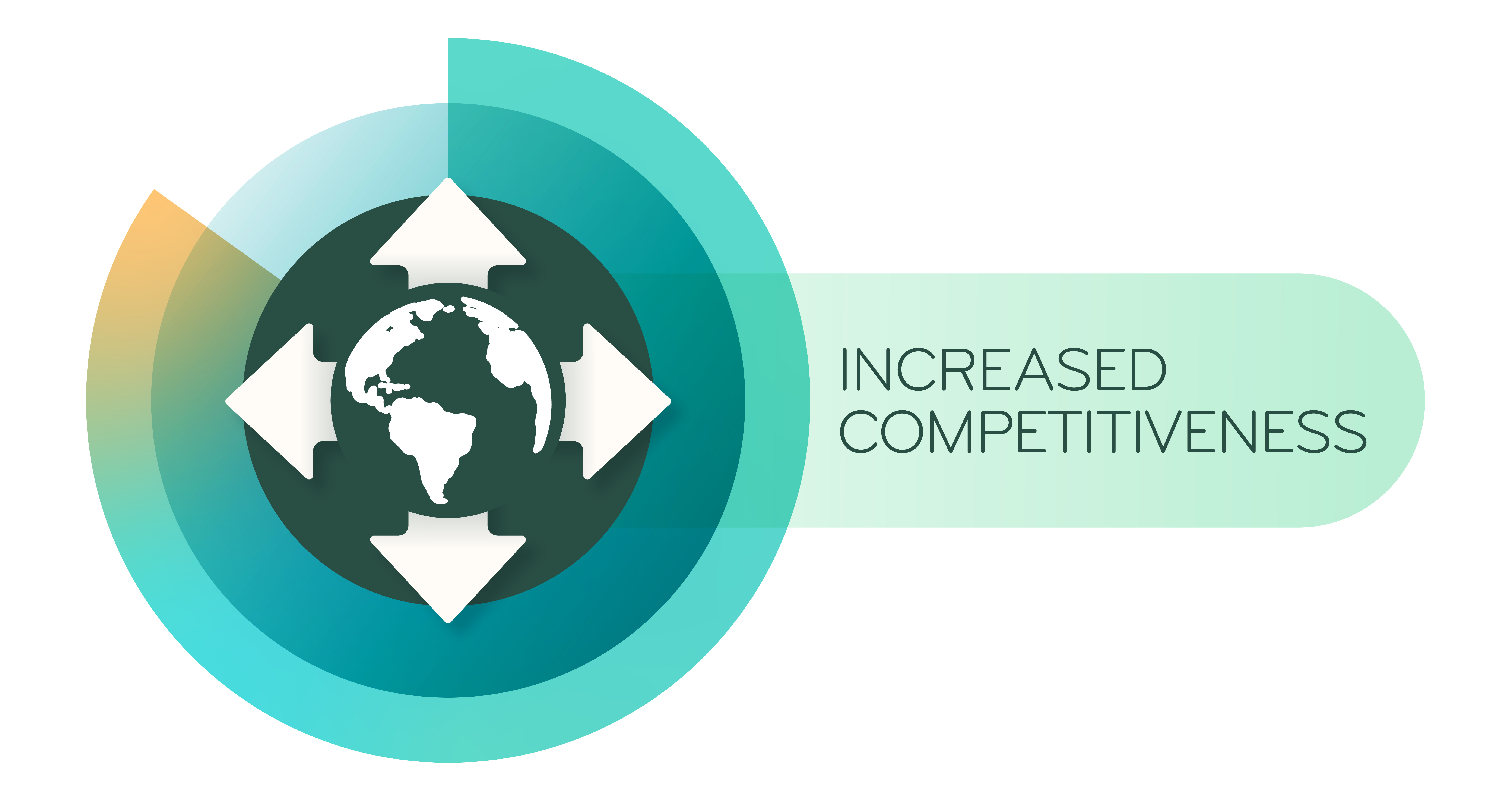The School of Technology has four research themes 2025-2030. These are:
These research themes emerged during extensive consultations with the Departments of the School. Each Department defines and pursues its own research strategy, and the School themes complement those strategies. The majority of the School’s research falls into one or more of the themes, and each theme addresses work from multiple departments and varied academic disciplines.
How will the School use the research themes?
School of Technology researchers work across a wide range of disciplines and technologies. Overarching research themes identify the main application areas that the School contributes to, from many angles.
We are strategically aligning with international Sustainable Development Goals, UK national priorities, and local and University priorities. Our research themes are designed to showcase how we deliver impact to society and industry.
Our themes will enable School of Technology researchers to connect and collaborate in their Departments and the School, and across the wider University and externally. This increased visibility will help the School’s researchers to attract funding, by helping researchers to form strong consortia, and providing a focus for philanthropic fundraising and engagement with industry.
The themes also provide an opportunity for a shared focus in strategic decisions, e.g. when considering hiring needs or opportunities for internal investment.
Previous research themes
From 2019-2024, the School’s research themes were:
- Energy transition & civil infrastructure
- Sensors, measurement, metrology and data
- Molecular & synthetic biology
- Manufacturing, design & materials
- AI/ML, human interfaces, language processing and security
- Healthcare and wellbeing
- Organisational response to new technology and systemic global challenges

